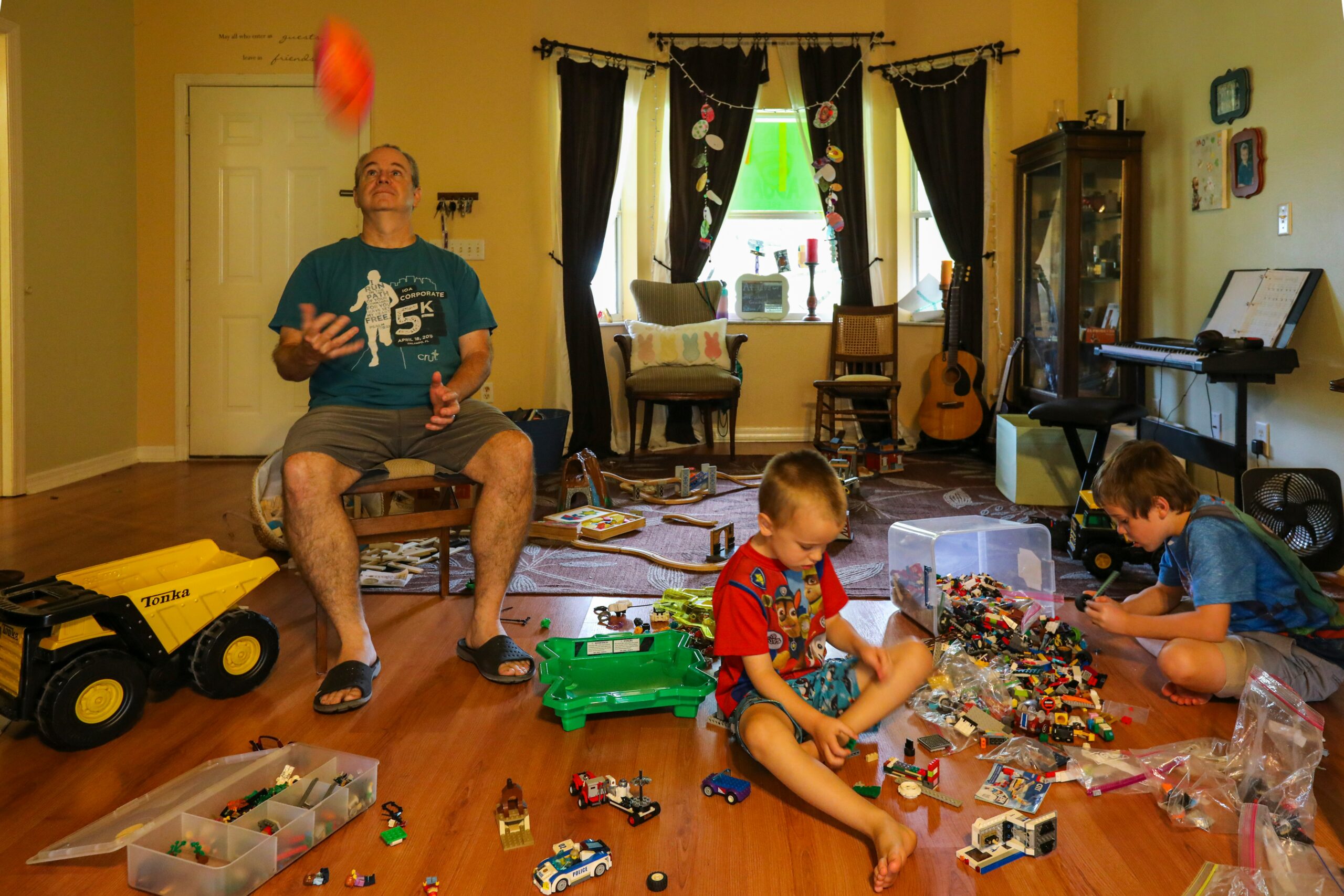Parenting is a dynamic journey marked by fleeting moments and significant milestones. Understanding what your child needs at every stage of development can help you nurture their growth and build a lasting emotional connection. Drawing on insights from developmental psychology and expert recommendations, this guide explores how parents can support their children from infancy to adolescence.
Thank you for reading this post, don't forget to subscribe!
Infancy (Age 0-1): Building Trust Through Sensory Connection
During the first year of life, infants rely on sensory experiences to build trust and emotional security. Simple actions like holding your baby, making eye contact, and responding to their cries foster a sense of safety. For example, playing peek-a-boo not only entertains but also helps babies develop object permanence—a key cognitive milestone. According to Piaget’s sensorimotor stage theory, these sensory interactions are essential for early learning.
Toddlerhood (Age 1-3): Emotional Safety and Boundaries
As toddlers explore their environment, they need emotional safety with you as their anchor. Comforting big feelings—like tantrums—helps them navigate their emotions without feeling judged. For instance, when a toddler throws a tantrum because they cannot have a toy, calmly acknowledging their frustration (“I see you’re upset”) while setting limits (“We can play with it later”) teaches emotional regulation.
Additionally, clear boundaries delivered with empathy prevent power struggles and reinforce trust.
Preschool Years (Age 4-5): Imagination and Validation
Pretend play and storytelling dominate this stage as children express themselves creatively. Joining their imaginative world validates their feelings and strengthens your bond. For example, if your child pretends to be a doctor, engaging in the role-play (“Can you check my heartbeat?”) makes them feel seen and valued. This aligns with Erikson’s theory of initiative versus guilt, where children develop confidence through supported exploration.
Early Elementary (Age 6-7): Belonging and Encouragement
Children begin seeking validation through effort rather than results. Celebrating their attempts—whether it’s finishing a puzzle or learning to tie their shoes—answers their silent question: “Am I good enough?” For instance, praising a child for trying hard in soccer practice rather than focusing solely on winning builds self-esteem and resilience.








